In 2022, Rwandan journalists John Williams Ntwali and Samuel Baker Byansi were investigating the presence of Rwandan troops in the Democratic Republic of the Congo (DRC), a taboo subject in their country, given that President Paul Kagame’s regime has always denied any military involvement in neighboring DRC.
A few days after the publication of their investigations, Samuel Baker Byansi was arrested by Rwandan authorities and questioned about his trip to the DRC. He was released, but the threats he’d received prompted him to flee the country. A few months later, in January 2023, his colleague John Williams Ntwali was killed suddenly in Kigali in what was officially deemed a car accident. But even today, the circumstances surrounding his death remain unclear.
The fates of these two journalists show that in Rwanda, some investigations are impossible. Their cases are far from isolated. Further victims of the regime’s repression include imprisoned YouTubers Yvonne Idamange et Aimable Karasira; former journalist Cassien Ntamuhanga, who requested asylum in Mozambique but has been missing since 2021; journalist Dieudonné Niyonsenga, also known as Cyuma, who says he has been enduring “inhumane” conditions and beatings behind bars; and journalist Agnès Nkusi, who recently fled Rwanda after serving a jail sentence.
With the Rwanda Classified project, Forbidden Stories has decided to investigate this pattern of repression, with the help of a consortium of 50 journalists representing 17 media outlets in 11 different countries.
In Rwanda, we examined the troubling circumstances of John Williams Ntwali’s death, and meanwhile pursued the investigation that put the journalist in authorities’ crosshairs to begin with. The regime’s still unacknowledged presence in the DRC has made life a nightmare for the relatives of Rwandan soldiers killed in North Kivu, according to those whose stories we were able to retrace.
Coordinated by Forbidden Stories, the journalists of Rwanda Classified also looked into the hidden side of Kagame’s regime. From assassination attempts and suspicious deaths to intimidation and the use of surveillance technologies even against members of the ruling party, our investigation reveals how the Rwandan government sets about silencing critics at home and abroad.
As the consortium’s investigations continued, we began to question the relationship between Rwanda and Western democracies. Although still heavily dependent on international aid, Rwanda has been called a “miracle country” thanks to its swift development and post-genocide reconstruction. Against the backdrop of the 30th anniversary of the 1994 genocide against the Tutsis – for which France has acknowledged its role – and the presidential elections set for this July, the journalists of Rwanda Classified investigated the “Rwandan paradox” that makes the country so attractive in the Western imagination. What influence does Rwanda exert through its economic partners, its judicial cooperation on matters of migration, or the troops it provides to United Nations peacekeepers? And what does it use that influence to achieve?
As of 2024, Rwanda ranks 144th out of 180 countries on the World Press Freedom Index established by Reporters Without Borders. With Rwanda Classified, Forbidden Stories and its partners have taken a careful look at the Kagame regime and its repressive policies, and discovered a variety of unsettling truths concealed behind the image Rwanda projects to the world.
By Cécile Andrzejewski, Karine Pfenniger, Phineas Rueckert
May 28, 2024
Rwanda Classified partners
Forbidden Stories – Der Spiegel – Die Zeit – Haaretz – Knack – Le Soir – Le Monde – Radio France – M28 Investigates – NRC – OCCRP – Paper Trail Media – RTBF – RTS – SVT – The Guardian – ZDF – ZAM

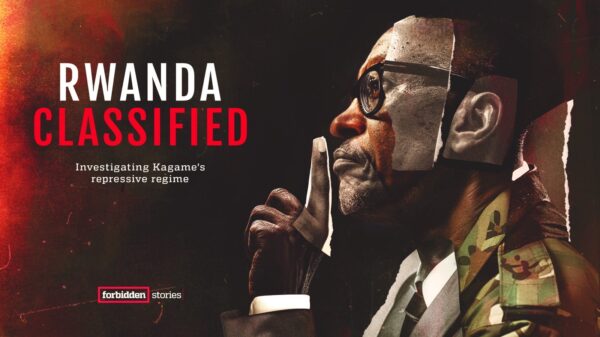
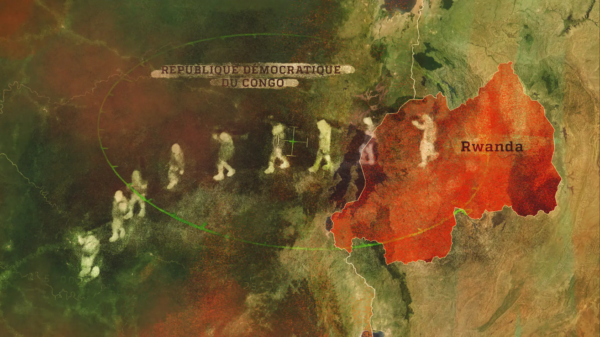
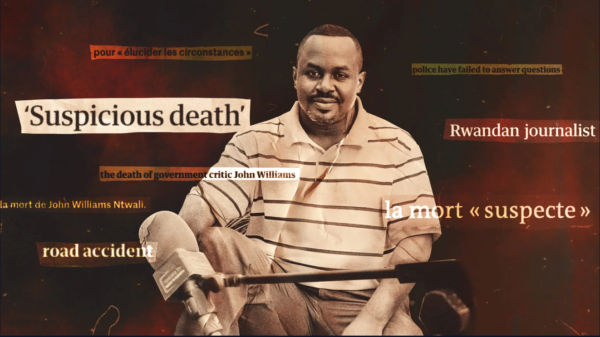
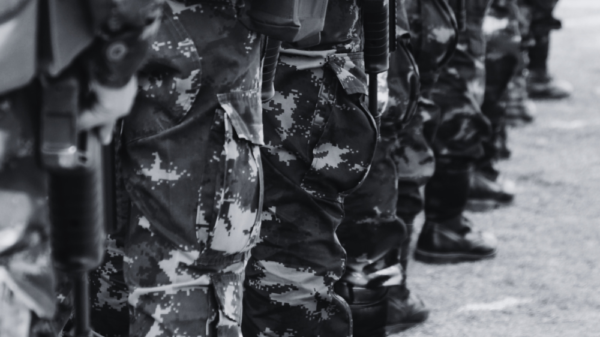

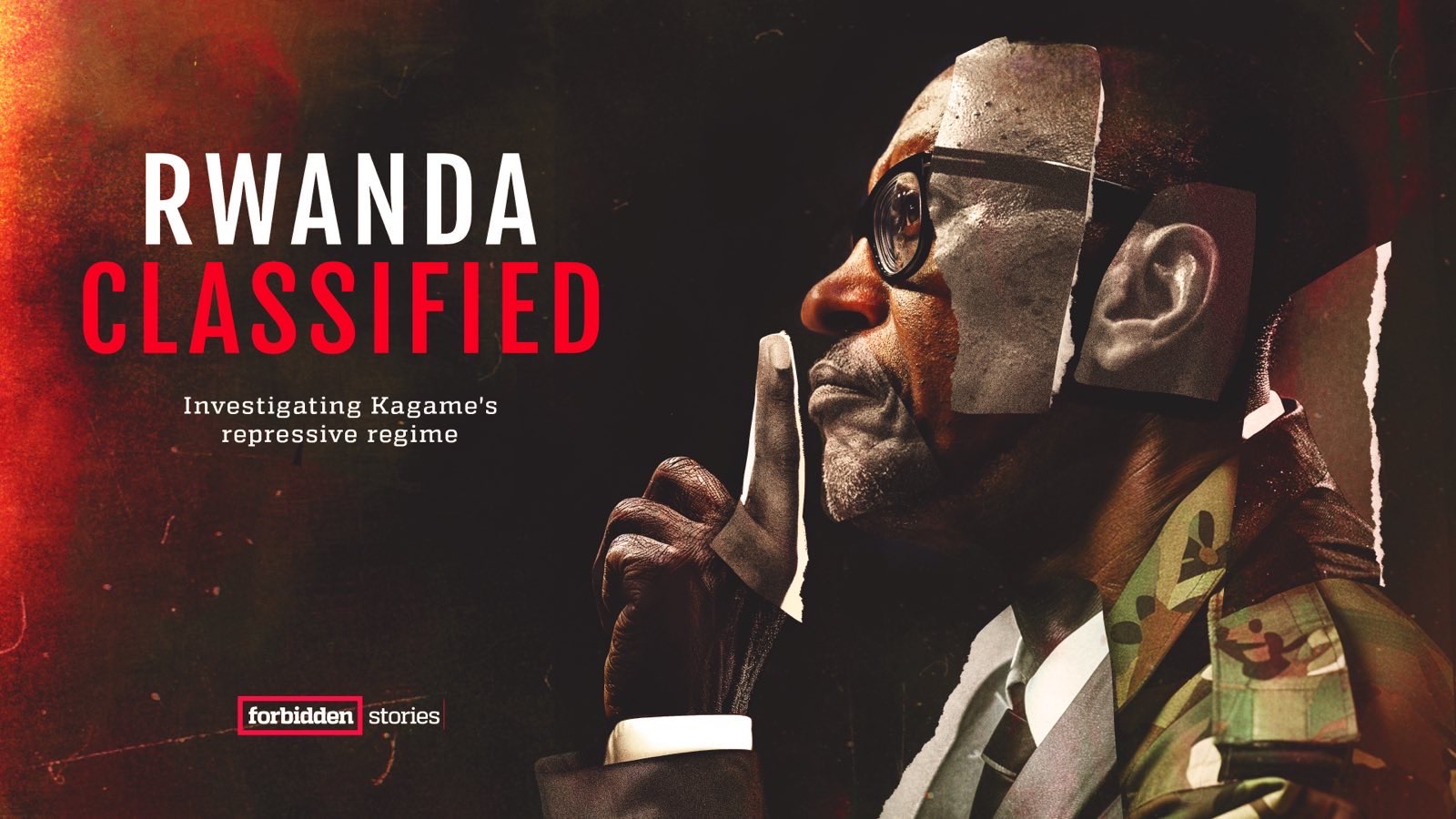

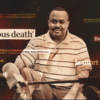
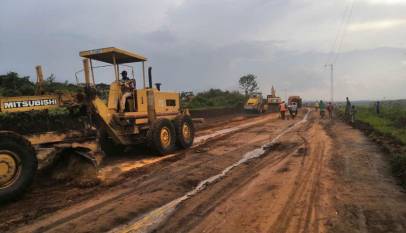
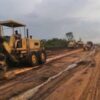
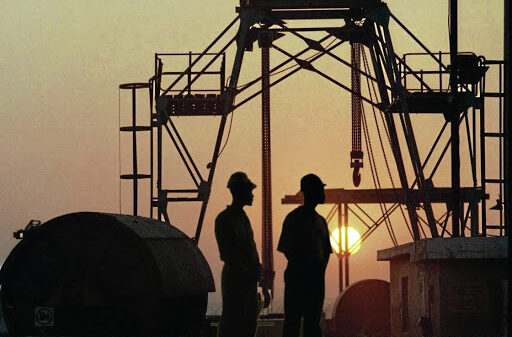
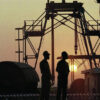
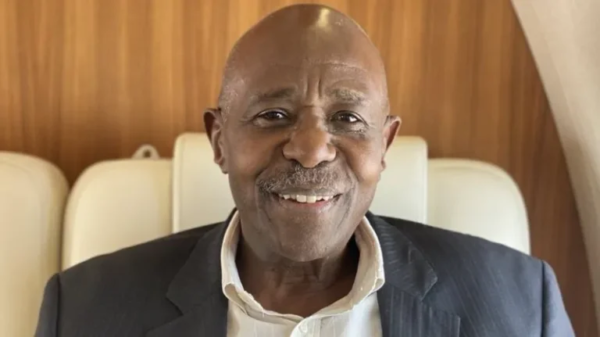

Jaques
June 19, 2024 at 7:43 pm
Nice insights. Very impressive 👏